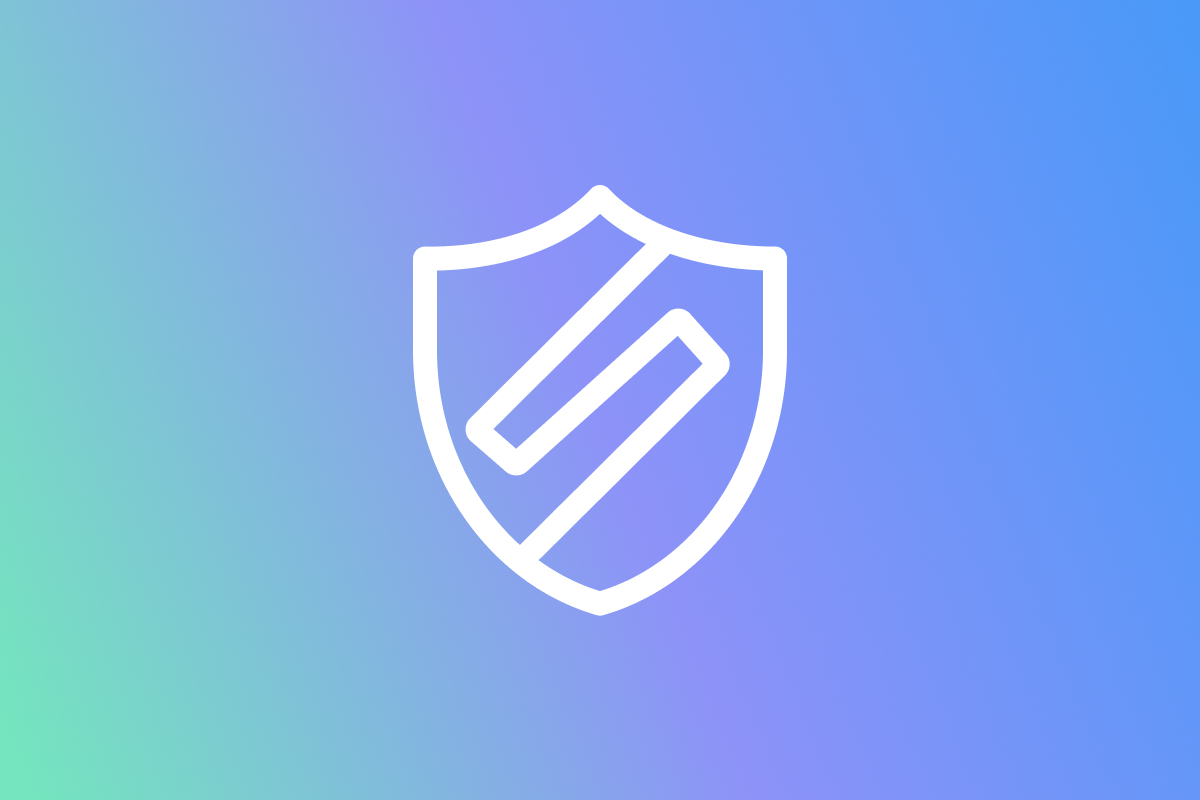In this fast-paced digitized world, your identity is far more likely to be stolen than your car. Criminals have become more creative in their identity fraud schemes from stolen checks to social security number misuse.
There was an alarming 73% increase in identity thefts from 2019-2020. The Internet Crime Complaint Center (IC3) points to the use of the internet as the cause of increased ID theft complaints and dollar losses. Further, the cases were at the highest in 2020 since they began tracking cybercrime in 2000. Despite this shared problem among the web users, one group that lacks amole identity theft protection is our veterans.
Due to widespread data mining and the massive use of social media, it feels as if we’re constantly being watched by faceless entities somewhere on the web, and veterans may feel this effect even more so. Sharing information, photos, articles, and thoughts become a part of our daily lives that put us in danger of identity theft. Business News Daily estimates that active social media users are 30% more susceptible to identity fraud. Facebook, Instagram, and Snapchat users are likelier victims with a 46% higher risk than other social media users.
Further, the FBI crime statistics report an average of 280,000 identity theft-related complaints each year. Spyware and malware are the most common tools used by cybercriminals for their schemes.
Three reasons why veterans need theft protection
Men and women in uniform are 76% more likely to be a victim of identity theft than a civilian, according to the Federal Trade Commission (FTC). Identity theft is also among the top five scams that cause financial losses for both veterans and active-duty servicemen. As of the most recent data, the FTC logged more than 161,000 fraud-related reports from veterans, 15% of which involved financial loss ($205 million in total).
To make the matters worse, veterans have more personally identifiable information (PII), personal health information (PHI), and personal accounts to protect than normal citizens.
Here’s why veterans are likelier to be the victims of identity theft.
1. Veterans data is available for purchase on the dark web
Jeremiah Fowler, a security researcher, found an unprotected database that belonged to North Carolina-based United Valor Solutions containing hundreds of thousands of US veterans’ private information. What’s more, he uncovered a ransom note buried within the data. The attacker threatened to leak the veterans’ personal information unless United Valor pays a ransom in Bitcoin.
This is just one of the many instances of kidnapping personal data for ransom. Millions of cyberattacks and data breaches trouble the Veterans Affairs (VA) Department every month. Hackers are particularly interested in selling or leaking sensitive personal information of millions of veterans on the dark web.
2. Veterans rely on sensitive documents to prove veteran status
Veterans have to constantly show a document proving their military service at every turn, even when they only want to claim a military discount in a store. This means showing a total stranger their DD214, a document that shows their full name, social security number, address history, date of birth, and service record – things you typically wouldn’t show to just anyone, much less a stranger.
It’s understandable that such documents may be needed for disability compensations, pension programs, housing and home loan guarantees. However, showing a stranger your personal information seems like a huge risk to take just to get a free meal on Veterans Day. It only takes one dishonest service crew to use the veteran’s identity for fraudulent activities.
Unfortunately, veterans use their social security numbers (SSNs) much more often than regular civilians. Despite the more recent developments, SSNs are still widely used to identify service members and military veterans. What’s more, they place sensitive information on documents and even on dog tags. This is to verify that the US Armed Forces veterans and certain members of their families receive the broad range of benefits they are due – financial assistance, health care, education, and housing.
3. Veterans’ personal information may not be protected enough
In 2019, the VA Office of Inspector General (OIG) found that veterans’ sensitive personal information was left unprotected on two shared network drives. Here, this personal information was accessible by other officers of the Veterans Service Organization (VSO) who do not represent the concerned veterans.
Further, other authenticated networks users can get their hands on these drives regardless of their intentions. As such, the OIG tagged this mishandling of veterans’ data as a national issue.
In other news, hackers gained access to the personal information of more than 46,000 veterans. These data are under the protection of the Department of Veterans Affairs, but it didn’t stop the cybercriminals from getting Social Security Numbers and using them to steal payments supposedly for private physicians working for the VA.
How does the government respond to this problem?
The federal government is taking action to decrease veteran identity theft cases. These initiatives aim to protect veterans from identity theft and related crimes.
Veteran Identification Card Act of 2015
The Department of Defense (DoD) and VA are now removing SSNs from the documents and IDs that don’t absolutely need to display them. However, this process will take a long time. Congressman Vern Buchanan introduced the Veteran Identification Card Act of 2015 to help veterans safely verify their military service in person without compromising their sensitive personal information.
Educational resources
As with other data protection initiatives, organizations also put effort into educating veterans on how to prevent identity theft. For instance, the VA and FTC provide educational resources to veterans that give them valuable advice on how to protect their data.
Digital ID card for veterans
ID.me implemented a digital ID card and Troop ID to put service members, veterans, and families in control of their own data via digital accounts. This will minimize the data fields the veterans share during transactions. Also, no data is shared unless the user explicitly consents to release the minimized data set.
Troop ID allows veterans and their families to manage their information online and to prove their service affiliation in a secure and private way.
Adopting identity proofing and authentication standards
VA became the first federal agency to adopt the highest online identity proofing and authentication standards set by the National Institute of Standards and Technology (NIST), an agency of the United States Department of Commerce. This identity proofing process leveraged possession-based identity verification so veterans need to rely solely on static identifiers like birth dates and SSN when proving their veteran status.
Possession and biometric-based methods
Possession and biometric-based methods are the proposed solutions to the problems caused by using sensitive static identifiers for veterans. However, biometric-based methods come with their own challenges. For instance, phones, aside from becoming a tool for secure identification, can also be an entry point for identity thieves lurking on the internet and preying on digital data.
The Veterans’ Data Exchange Initiative (VETS) by the US Department of Labor aims to serve veterans more efficiently by providing updated Exiting Service Member (ESM) information to the agencies of the Department of Labor (DOL). This entails implementing a system that securely receives, stores, and displays the ESM data from the Department of Defense (DOD’s) Defense Manpower Data Center (DMDC).
How to protect yourself from identity theft
If you’re active military personnel or a veteran, there are some practices that you can adopt to minimize the risk of identity theft.
- Keep your personal information in a secure place.
- Cross shred all documents containing personal information before tossing them out.
- Provide your SSN only when absolutely necessary. Whenever possible, offer a different type of identification instead.
- Safeguard your medical records and dependent information.
- Never lend your credit cards or account information to anyone for any reason.
- Check your credit report, financial accounts, and billing statements regularly to identify any suspicious activities.
When online, there are also ways you can protect yourself from cyber thieves.
- Never click on unsolicited emails. Hover your mouse on the link first to see if it leads to a verifiable website. You can also type in the web address that you want to access or contact the business through their landline.
- Don’t use an obvious online password. Use strong, unique passwords on different accounts and update them regularly.
- Closely follow the organizations that may have your personal identifiable information. Be aware of the data breaches that may occur and follow the identity theft precautions provided by the organizations.
- Use security software to protect your files and keep your devices up-to-date.
Veterans already worked hard to ensure national security. Data security shouldn’t be one of their worries. If you or a loved one is a veteran, consider identity theft protection with LifeLock. Our Identity Theft Protection will provide you with regular personal information monitoring, Identity Misuse Scanning, Credit Reports & Scores, and an In-house Identity Theft Restoration Team, and a Million Dollar Protection Package.
What’s more, you can get up to 25% off your first year. We also provide a promo code for seniors so your identity will always be protected.

